It is very likely that President-elect Donald Trump's "maximum pressure" policy will no longer be effective against Iran, as Iran is now accustomed to US sanctions, has enhanced nuclear deterrence capabilities, and especially has Russia as its companion.
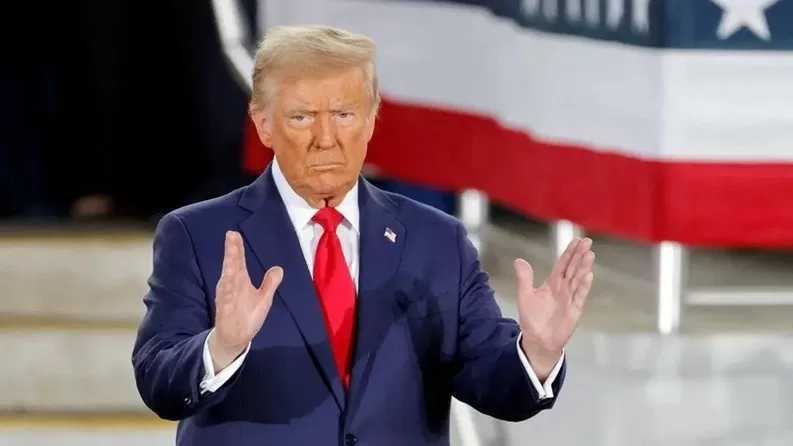 |
| President-elect Donald Trump is making many calculations regarding Iran but seems to still maintain the policy of "maximum pressure". (Source: AP) |
Approaching the threshold of nuclear power
In a recent exclusive interview with Politico , former Israeli Prime Minister Ehud Barak assessed: “In fact, Iran has come close to becoming a nuclear power.”
In other words, he said it could take Iran just days or weeks to assemble a nuclear warhead, and about a year to build a nuclear weapon. If Tehran chooses this path, no airstrike — whether by Israel or the United States — can delay it.
Former Prime Minister Barak's warning raises the question of whether the current situation can promote a deal between Iran and the US?
President-elect Donald Trump has chosen Republican Senator Marco Rubio to be his next Secretary of State. Marco Rubio is a tough and decisive person on the Iran issue. Even after Iran's airstrike on Israel last month, with about 200 missiles launched, Mr. Rubio emphasized: "Only the threat of maximum pressure and direct, disproportionate measures can force them (Iran) to change their behavior."
Michael Waltz, Trump’s pick for national security adviser, has taken a similar stance. In October, Waltz criticized the Biden administration for pressuring Israel “again to restrain itself from what it needs to do.”
Trump himself took a tough stance on Iran during his first term, abandoning the Joint Comprehensive Plan of Action (JCPOA) and not hesitating to act. He has also recently made statements that show a different view from Biden on what Israel should and should not do in retaliatory strikes.
But Mr Trump also appears to be open to the possibility of a deal with Iran. Last month, in a conversation with podcast host Patrick Bet-David, Mr Trump ruled out any attempt at regime change in Tehran, saying he wanted Iran to be a successful nation, but not one that had nuclear weapons.
Is a new regional agreement "worth it"?
Former Prime Minister Ehud Barak, who served in the Israel Defense Forces and served as chief of staff before moving into politics, warned that Israeli Prime Minister Benjamin Netanyahu could be drawn into escalating hostilities against Iran and attacking its nuclear facilities. He said President Trump would not be interested in this either.
Regarding developments in the near future, Mr. Ehud Barak predicted that the parties could move towards a larger agreement in the context of the region seeking to end the conflict.
The deal could include talks on the Russia-Ukraine conflict, encouraging Russian President Vladimir Putin to persuade Tehran to stop its proxy strategy and operations against Saudi Arabia, the United Arab Emirates (UAE) and Israel and find a peaceful solution to coexistence. It could even include a new nuclear accord with Iran backed by the international community.
For its part, Iran has opened the door to negotiations. Last weekend, Foreign Minister Abbas Araghchi said on state television that Tehran was ready to resume talks on its nuclear program. Interestingly, according to the New York Times , Trump’s current “best friend,” billionaire Elon Musk, reportedly met with Iran’s ambassador to the United Nations to discuss ways to ease tensions between Tehran and Washington.
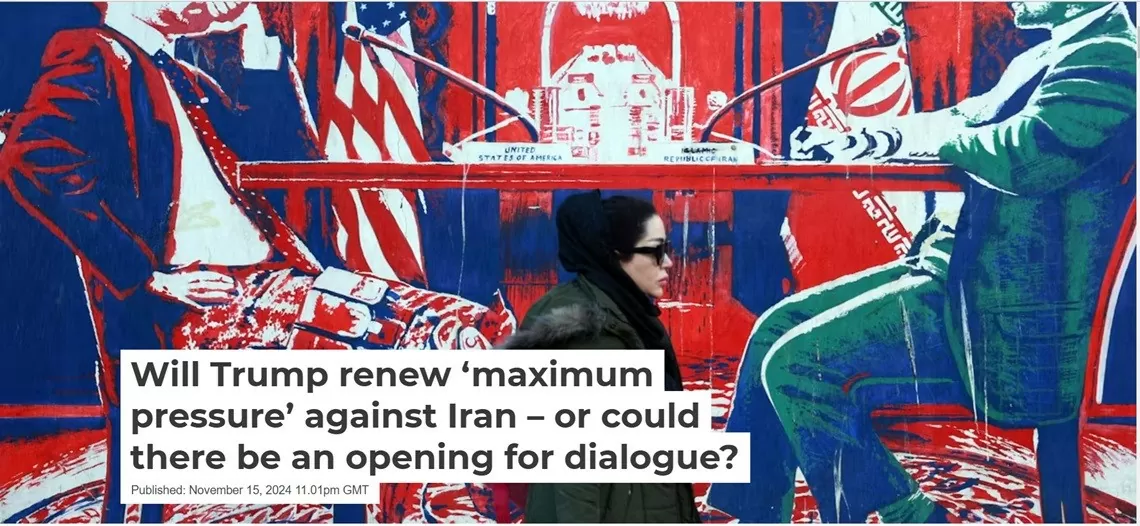 |
| The international press has had many comments on the policy that Mr. Trump will implement in US-Iran relations. (Source: the Coversation) |
Russia-Iran stand firm
According to Trump’s foreign policy plan, Washington intends to establish a dialogue with Moscow while increasing pressure on Tehran. Will US policy weaken the alliance that Russia and Iran are building?
According to the Carnegie Endowment for International Peace website, Trump’s previous presidency is remembered well by Iranian leaders for his policy of “maximum pressure.” The US withdrawal from the nuclear deal in 2018 and subsequent reimposition of harsh economic sanctions have become one of the most serious challenges for Iran in the 21st century.
However, Washington’s actions in this direction are unlikely to seriously affect Tehran’s economic integration. In general, economic pressure on Iran reached its limits during Trump’s previous presidency. Moreover, President Joe Biden has practically continued this policy, not lifting any sanctions on Tehran. This has not only failed to prevent but has instead contributed to bringing Iran and Russia closer together in many areas. Now, additional pressure from the US is likely to have a similar effect.
Therefore, it is very possible that the Trump Administration could take more complex and unique steps.
For example, it could offer to ease sanctions on Russia in exchange for refusing to support Iran. But such a proposal would require a radical rethinking of US foreign policy, and it is unlikely to be warmly welcomed by Moscow. Iran has become Russia’s partner, and Iran is experimenting with a new structure of international relations independent of the West.
Moreover, such minor economic issues are unlikely to prevent the Kremlin from making geopolitical calculations with Iran. Today, Russia is not only seeking cooperation with Iran in various areas, but is also experimenting with new models of integration in its relations with Tehran. A combination of a free trade zone, financial system connections, and joint international organizations would make the two countries’ friendly relations more stable and less volatile.
Source: https://baoquocte.vn/mot-iran-rat-khac-se-khien-ong-trump-phai-dau-dau-294677.html







![[Photo] Closing of the 11th Conference of the 13th Central Committee of the Communist Party of Vietnam](https://vstatic.vietnam.vn/vietnam/resource/IMAGE/2025/4/12/114b57fe6e9b4814a5ddfacf6dfe5b7f)
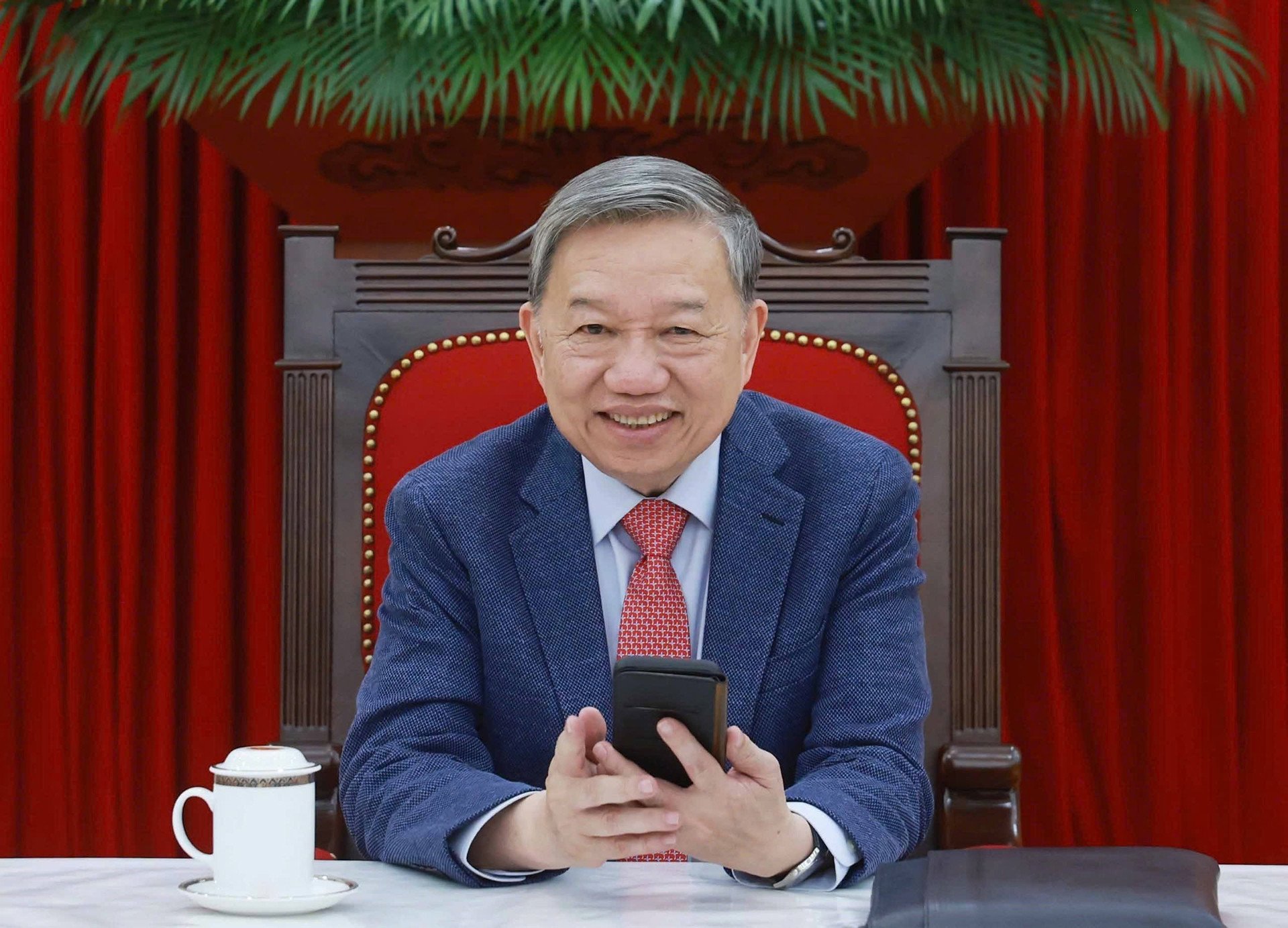



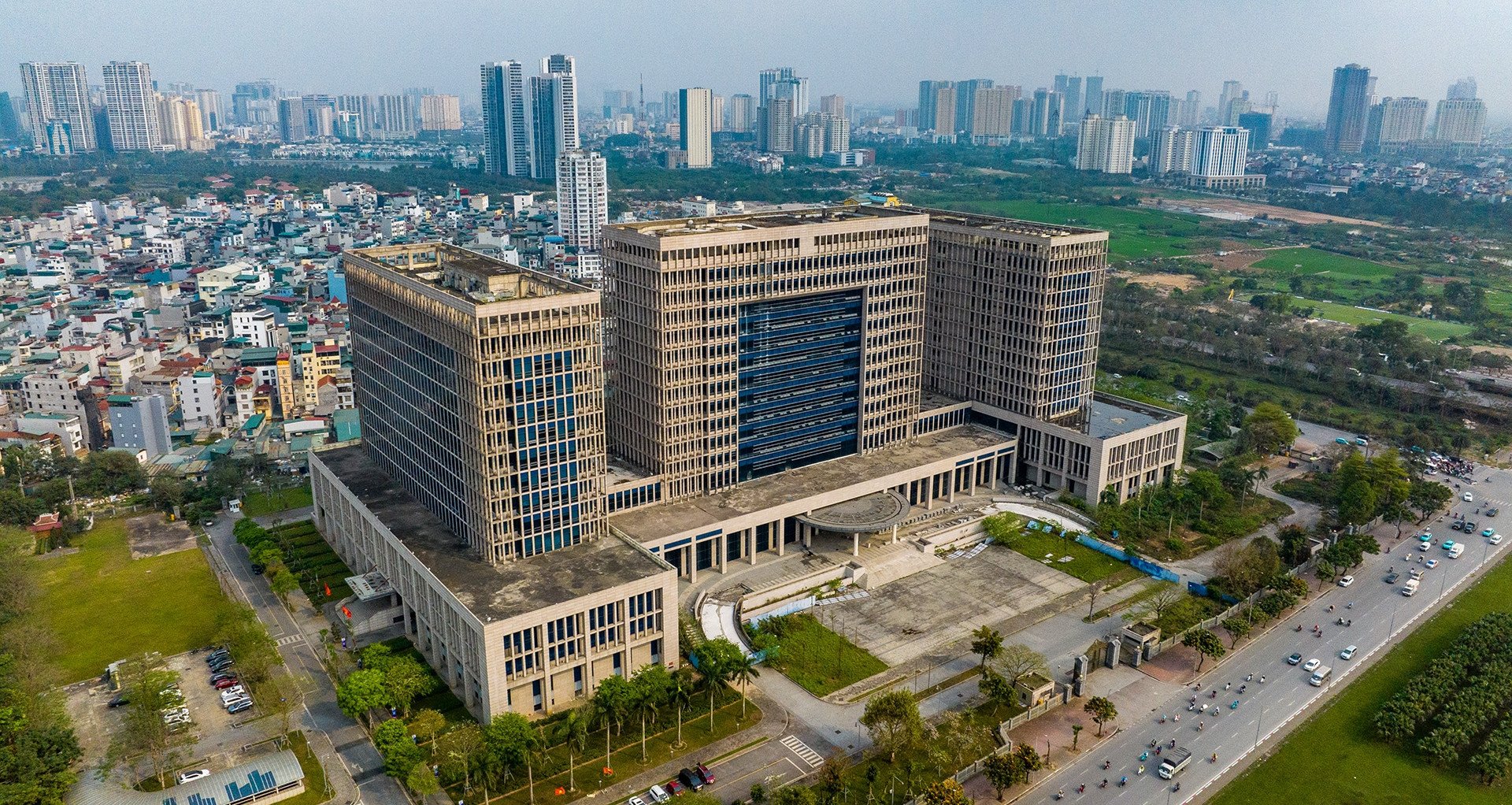

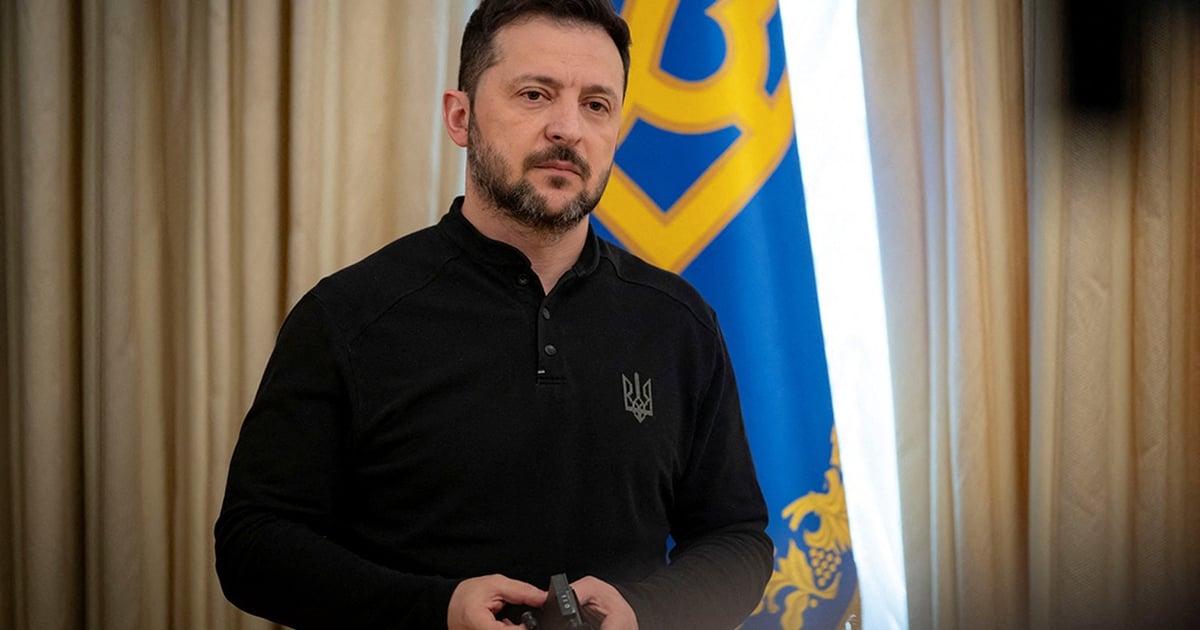
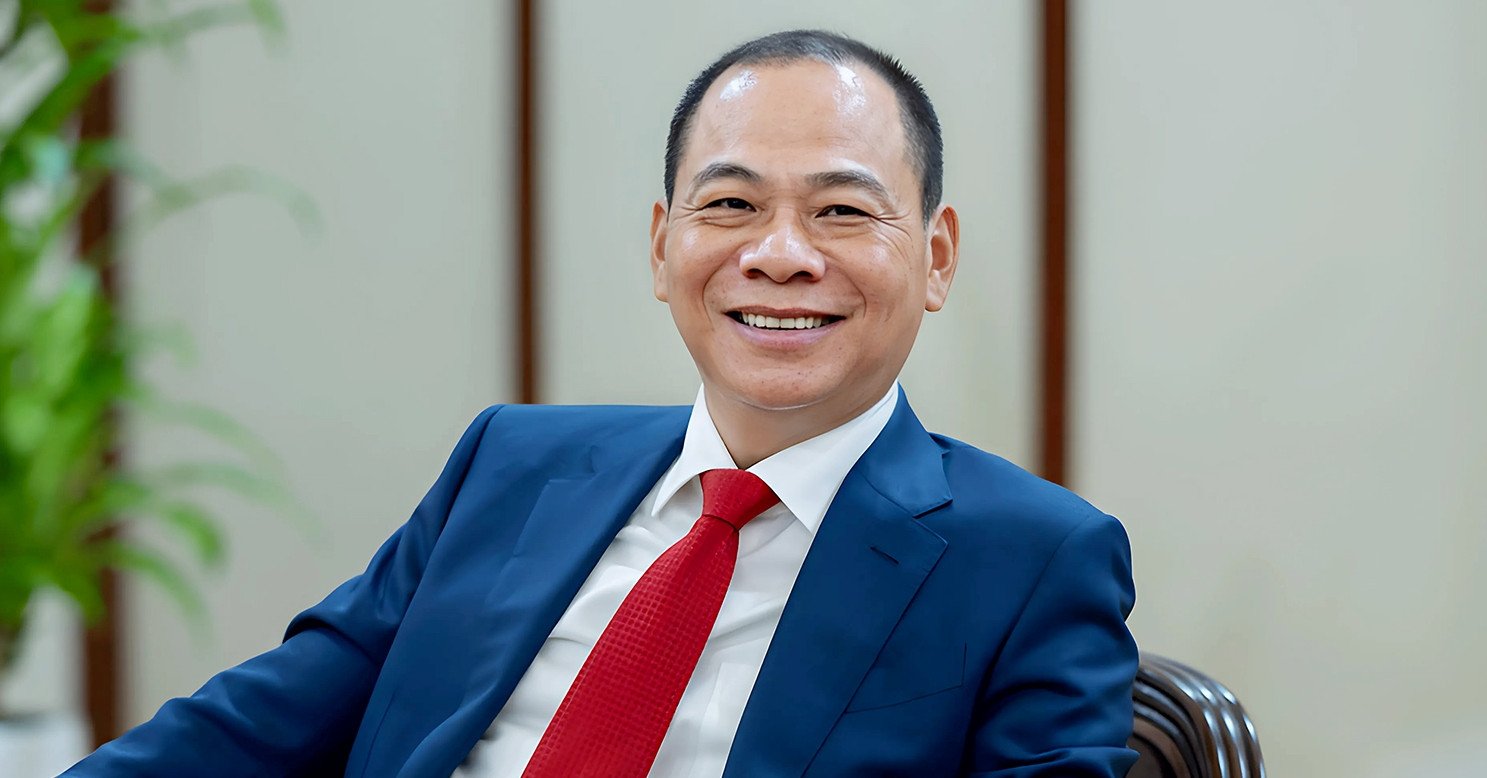
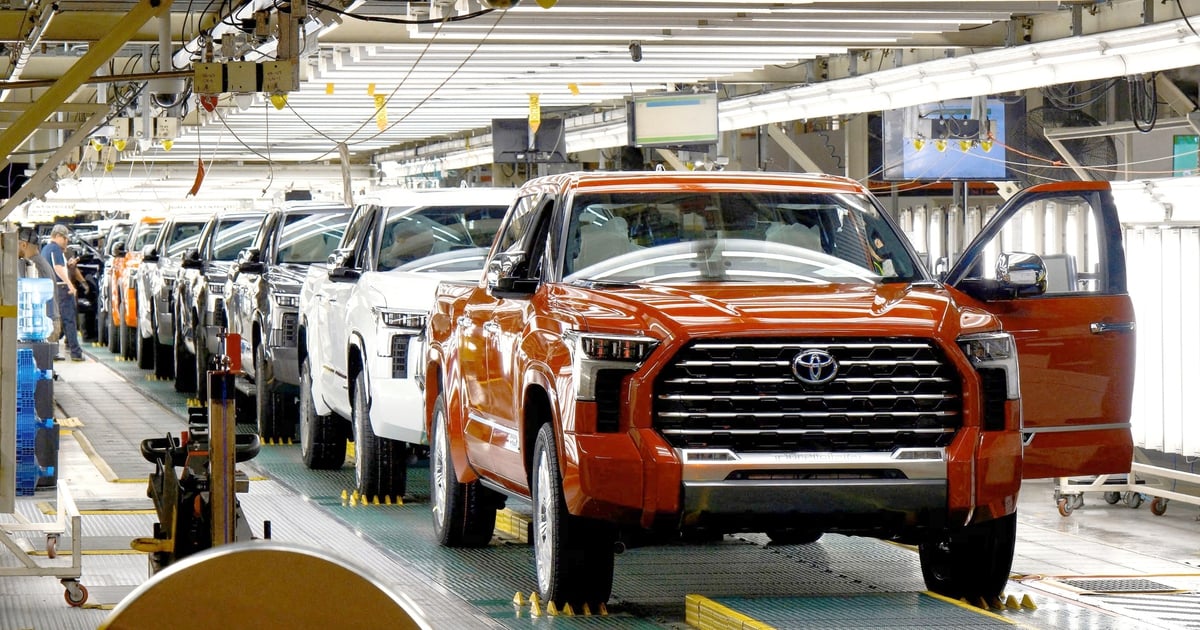
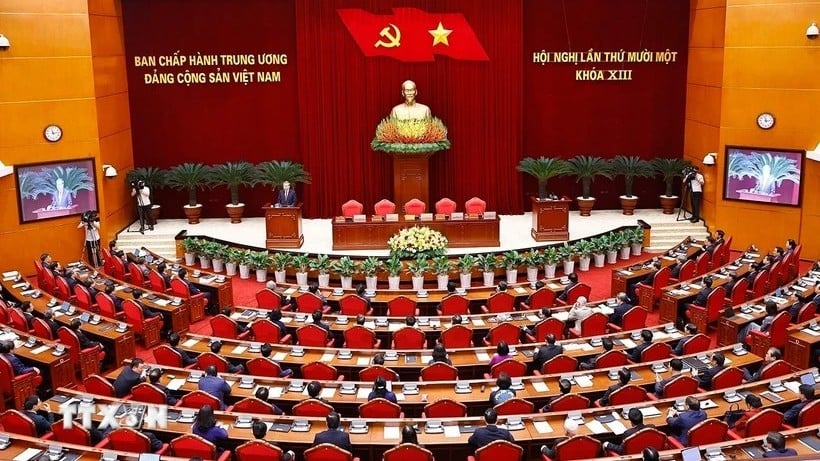









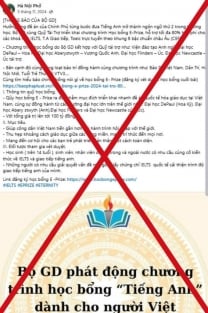

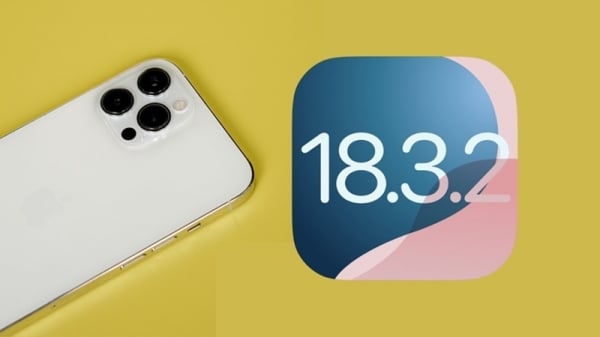



![[Photo] Overcoming all difficulties, speeding up construction progress of Hoa Binh Hydropower Plant Expansion Project](https://vstatic.vietnam.vn/vietnam/resource/IMAGE/2025/4/12/bff04b551e98484c84d74c8faa3526e0)
































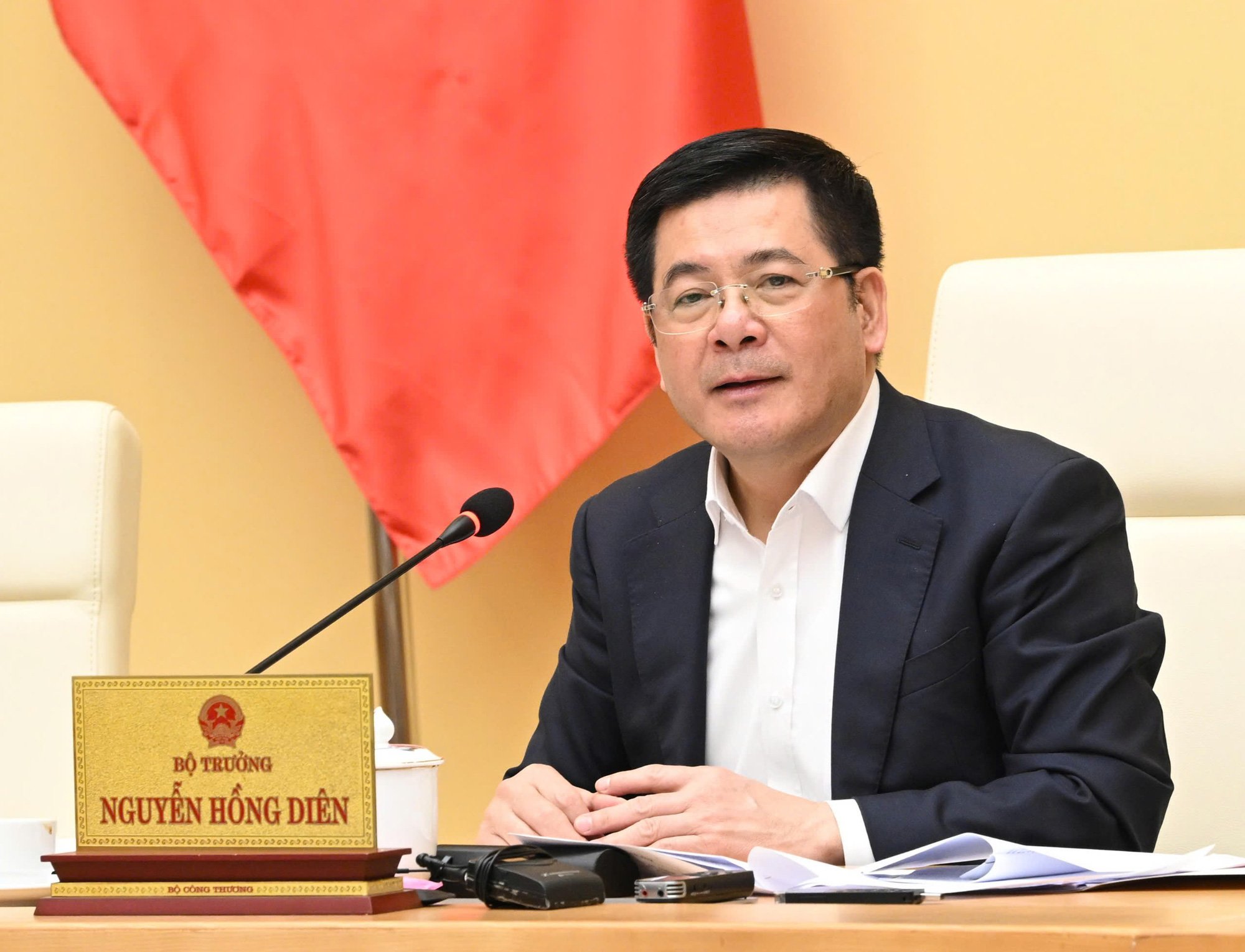
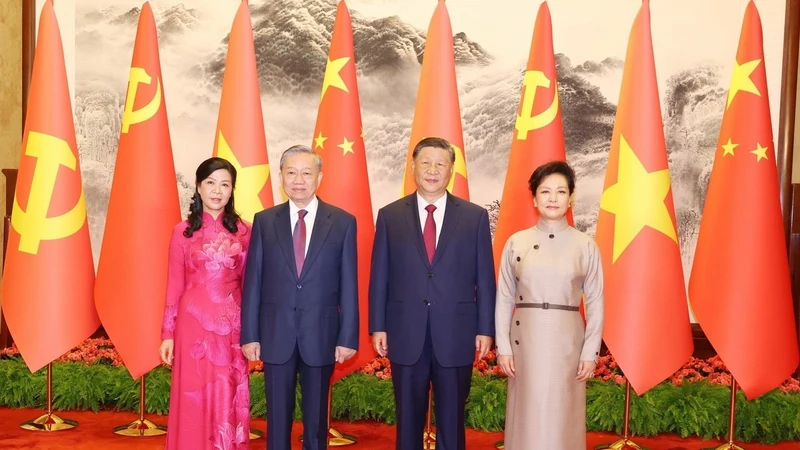













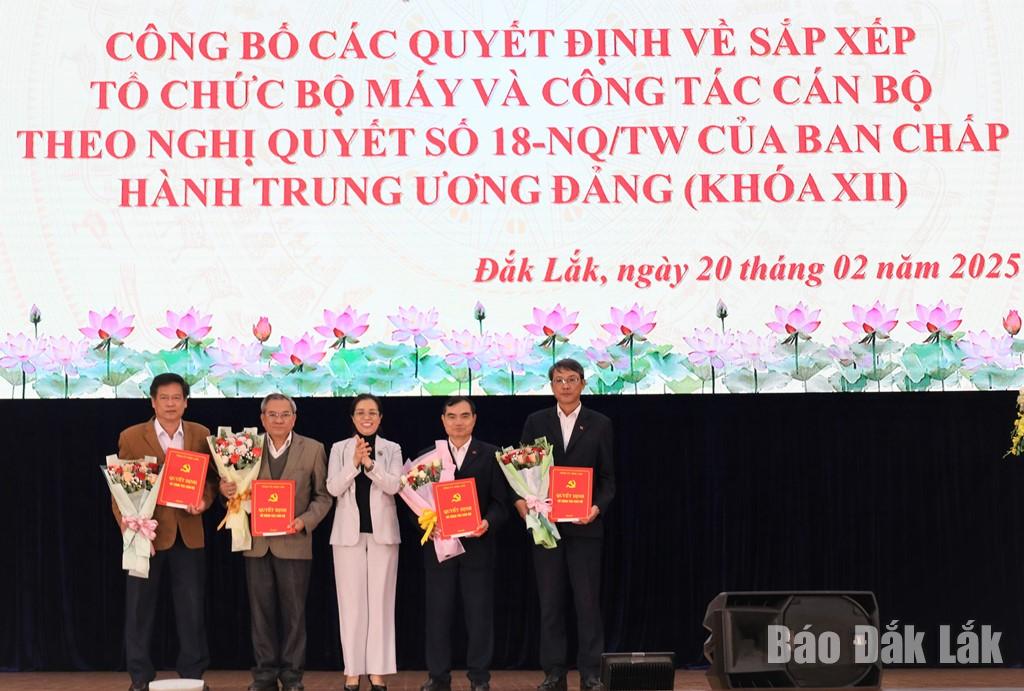














Comment (0)